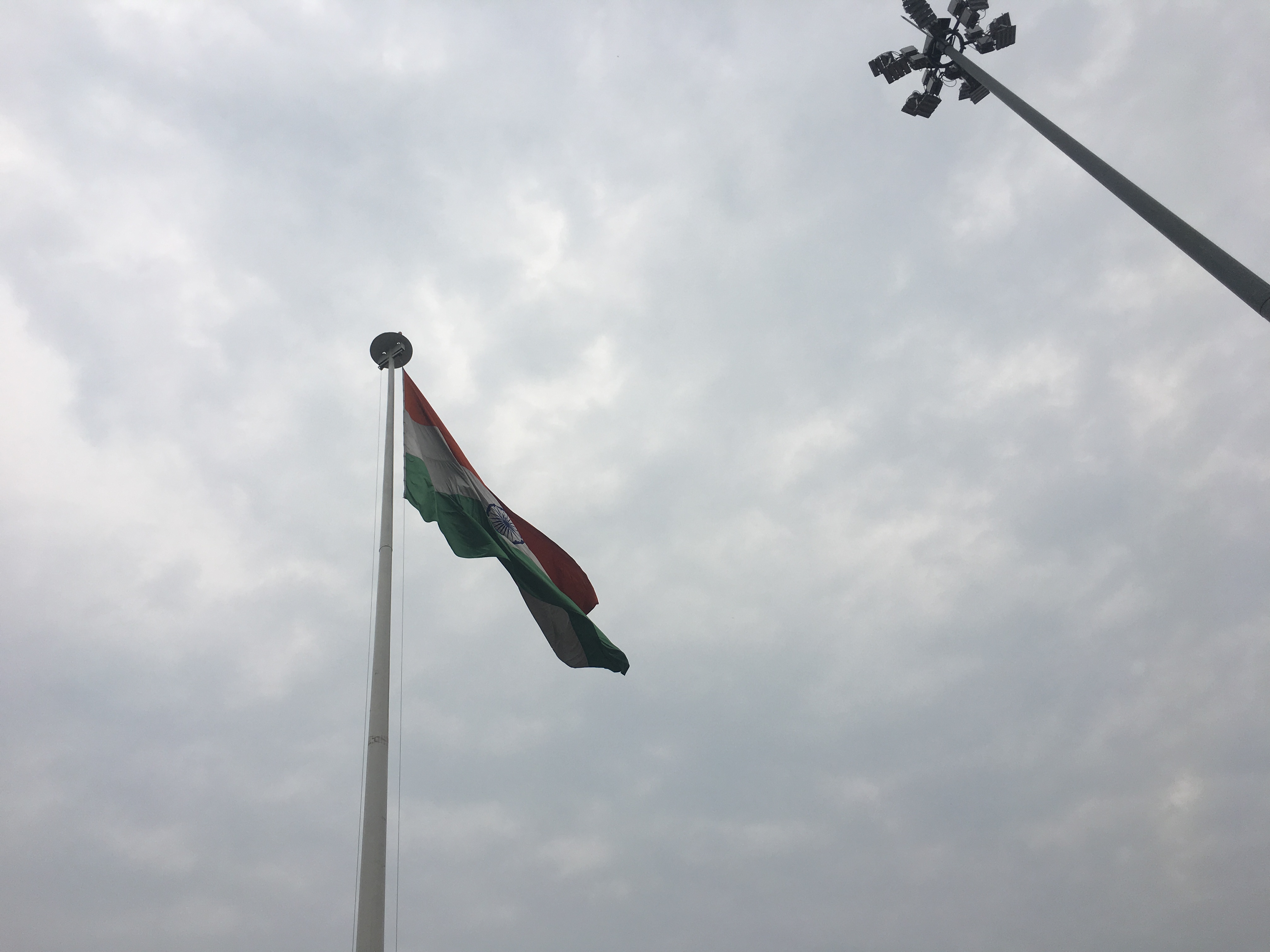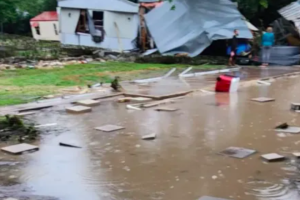We are very saddened by the recent footage that one of our brave IAF pilots is missing in action, we urge the Government – Diplomats to bring him back safely.. Moreover, After an Indian Air Force pilot went missing in action yesterday as India responded to incursions by the Pakistan Air Force near around the Line of Control, the Ministry of External Affairs (MEA) has said that it had summoned Pakistan’s Acting High commissioner and had “strongly objected” to Islamabad’s “vulgar display” of the pilot.
Importantly, India said that this was “in violation of all norms of International Humanitarian Law and the Geneva Convention”. The country asserted that Pakistan has committed an “unprovoked act of aggression” by targeting Indian military posts with its air force and sought immediate and safe return of an Indian Air Force (IAF) pilot in its custody.
Read Also, India demands immediate, safe return of pilot in Pak custody
The faceless voice of the Pakistani army officer then asks Wing Commander Abhinandan, “Wing Commander, you hail from which place in India?” A confident Wing Commander Abhinandan replies, “Am I supposed to tell you this? I am from down south.” The Pakistani army officer then asked, “So which aircraft were you flying.” Wing Commander Abhinandan replied, “I am sorry Major, I am not supposed to tell you this. But, I am sure you found out from the wreckage.”
“India also strongly objected to Pakistan’s vulgar display of an injured personnel of the IAF in violation of all norms of International Humanitarian Law and the ‘Geneva Convention’. It was made clear that Pakistan would be well advised to ensure that no harm comes to the Indian defence personnel in its custody. India also expects his immediate and safe return,” the statement asserted.
What are the Geneva Conventions?
The Geneva Conventions and their Additional Protocols are at the core of international humanitarian law, the body of international law that regulates the conduct of armed conflict and seeks to limit its effects. They specifically protect people who are not taking part in the hostilities (civilians, health workers and aid workers) and those who are no longer participating in the hostilities, such as wounded, sick and shipwrecked soldiers and prisoners of war. The Conventions and their Protocols call for measures to be taken to prevent or put an end to all breaches.
Read Also, ‘Treated By Pakistan Army Very Well, With Respect,’ Claims Captured Indian Pilot Abhinadan Varthaman
Following by the Inputs, With over 140 articles, the Geneva treaty lists the procedures for how prisoners are to be treated in custody as well as the judicial proceedings by which they should be tried. These include offering proper medical treatment, food and quarters, and religious activities such as prayers. When a combatant is captured, there are established protocols on how the other side should be intimated about this.
In short, it is a set of four international treaties that lay out the standards to be followed by signatories on treating enemies humanely during war time. These conventions were developed in the first half of the 20th century, first in 1929 and updated in 1949 after the conclusion of the Second World War.
For instance, The most recent incident of an IAF pilot being captured by Pakistan occured during the Kargil war in 1999. Group Captain K Nachiketa had to eject from his aircraft after an engine failure at high altitude. He was captured by Pakistani soldiers. India then went to the United Nations and put enormous international pressure to secure his release about eight days after his capture. In his testimonies, Nachiketa spoke of the torture inflicted on him by Pakistan in an attempt to secure sensitive information.
During the 1965 India-Pakistan war, many Indian soldiers were taken prisoner by Pakistan. In August 2015, KC Cariappa, the son of Field Marshal KM Cariappa, who was captured by the Pakistani forces, wrote in Outlook about the details of his incarceration in the military prisons in Pakistan. It took four months and the end of hostilities before he was released. Despite all of this, Indian Air Force has put on high alert all air defence systems along the international border and LoC to respond to any possible action by Pakistan Air Force.
Meanwhile, UN Secretary-General Antonio Guterres is having discussions “at different levels with different parties” about the tense India-Pakistan situation, his Spokesperson Stephane Dujarric said. He refused to say who those parties were or the levels of contact but said the discussions were “to make sure that we have, we get a full picture” of the situation.
























